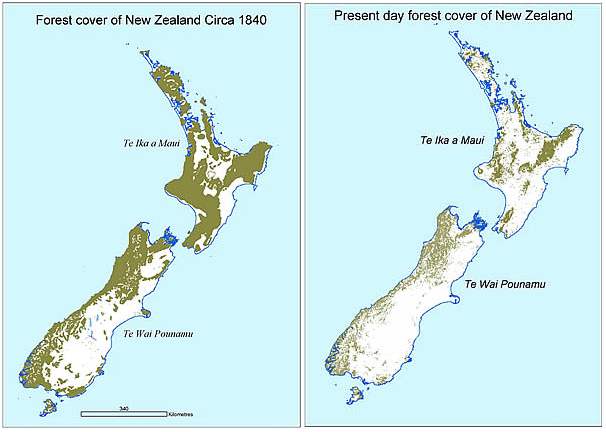HISTORICAL COLONIAL EFFECTS ON THE ENVIRONMENT NOW COMING TO THE FOREFRONT.

The UK is responsible for almost twice as much global heating as previously thought when its colonial history is taken into account, analysis has revealed. The UK’s domestic emissions account for 3% of total world emissions dating back to 1850. But when responsibility for emissions in countries once under the British empire’s rule is given to the UK, the figure rises to more than 5%. These additional emissions come largely from the destruction of forests in the colonised countries, with the biggest contributors coming from India, Myanmar and Nigeria before their independence. The analysis by Carbon Brief moves up the UK from eighth to fourth in the list of nations with the biggest historical emissions, behind the US, China and Russia. Dr Simon Evans, at Carbon Brief, said: “Our new analysis offers a thought-provoking fresh perspective on questions of climate justice. It is well known that colonial powers extracted natural resources from colonised lands to support their economic and political power, but the link to historical emissions had never been quantified until now. This means even CO2 emissions from 170 years ago continue to contribute to the heating of the planet. The analysis includes emissions from fossil fuels, cement, and the destruction of forests and other natural habitats. The analysis shows other countries such as the Netherlands and France also jump up the ranking of historical responsibility for the climate crisis when their colonial emissions are included. The Netherlands, which colonised Indonesia, rises from 35th to 12th in the ranking, with its cumulative emissions nearly tripling, while the French total rises by 50%. The analysis also calculates national cumulative emissions from 1850 per person, based on today’s population. On this basis, the Netherlands has the highest per capita historical emissions, followed by the UK in second place, among countries with populations of at least 1 million. “Climate change impacts are responsible for devastating losses and damages in many former British colonial territories,” said Dr Nfamara Dampha, a Gambian scientist at the University of Minnesota, US. “For example, the Gambia’s capital city Banjul is projected to be completely lost by 2100 if aggressive measures are not undertaken.



